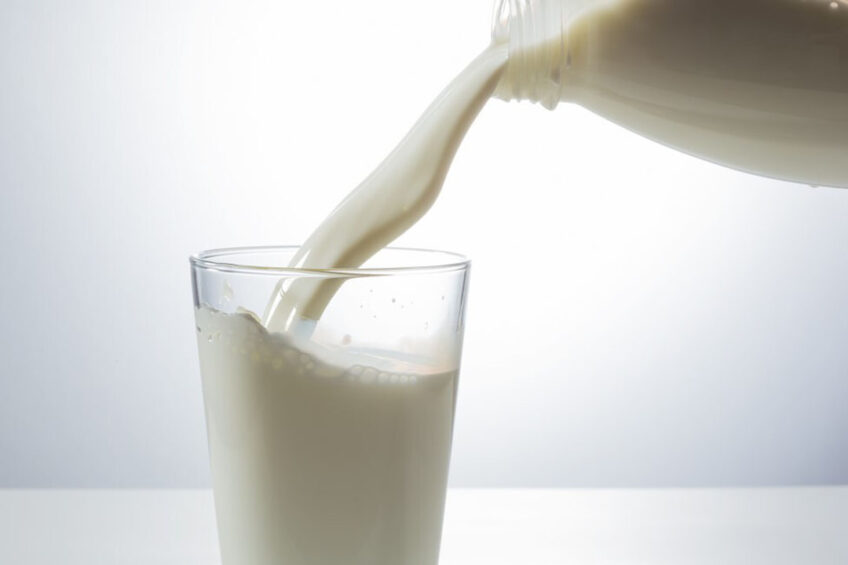Russia: New test for hypoallergenic milk

A group of Russian scientists from the Kuban State Agrarian University have claimed that they have developed a cheap genetic test paving the way for farmers to create a herd of cows producing hypoallergenic milk.
Milk allergy is usually associated with intolerance to the casein protein. It exists in 2 different versions: A1 and A2. The latter, described by Russian scientists as ‘good casein’, does not cause allergies. The cow’s genome determines which casein version milk contains.
The scientists said the genetic test they developed accurately shows which casein a cow would produce.
“To obtain accurate results, a small amount of genetic material is sufficient: our method will allow even 1 DNA molecule in a sample to show that cow milk will contain the A1-variant of casein. It takes only 20-60 minutes to conduct a complete analysis of the sample,” Valeria Knyazeva, one of the authors of the study, told the local news outlet, Gazeta.
Using this test, milk farmers could select enough cows to create an entire herd that will produce hypoallergenic milk, the scientists said, adding that it is also relatively easy to use and could be done in field conditions.
“Our development also allows avoiding several very time-consuming stages of traditional research,” Knyazeva added.
The gene editing programme progresses
In 2021, another group of researchers in Russia announced they produced the country’s first viable cloned cow and planned to edit her genes in the hope of producing hypoallergenic milk. The researchers used CRISPR/Cas9 technology to remove PAEP and LOC100848610, 2 genes representing beta-lactoglobulin in the bovine genome.
The researchers rolled out plans to scale up the project by impregnating a herd of several dozen cows with embryos with the edited genes.
The scientists, however, said that they needed to figure out the state of the reproductive system and the quality of milk of the first cow with an edited genome before proceeding to the new stage. In August 2022, the scientists said that the cloned cow was doing well, though the production side was yet to be seen since the animal was still too young to produce milk.






